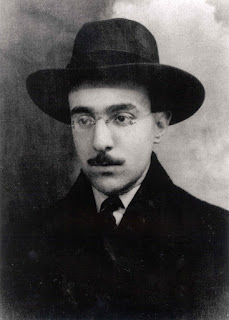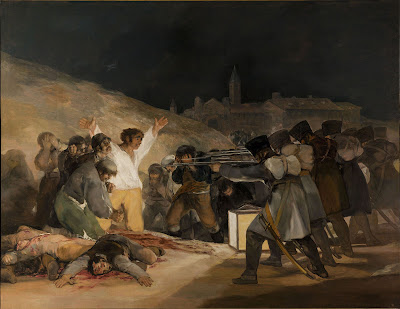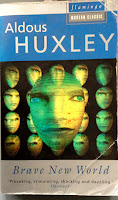My essay Aesthetic ineffability and the rebirth of the reader was published in May 2020 on Aesthetics Research Lab , a "digital think tank and resource, revolving around theoretical and practical issues in aesthetics" conceived by Michael Spicher, PhD. Here is the link . This essay examine the idea that literature is as capable of giving rise to an experience of aesthetic ineffability as the other arts. Furthermore, the ineffable experience in literature may be a product of both the author and the reader, and that there is similarly a need for a confluence between the artist and viewer in other art forms too for ineffability to arise.






